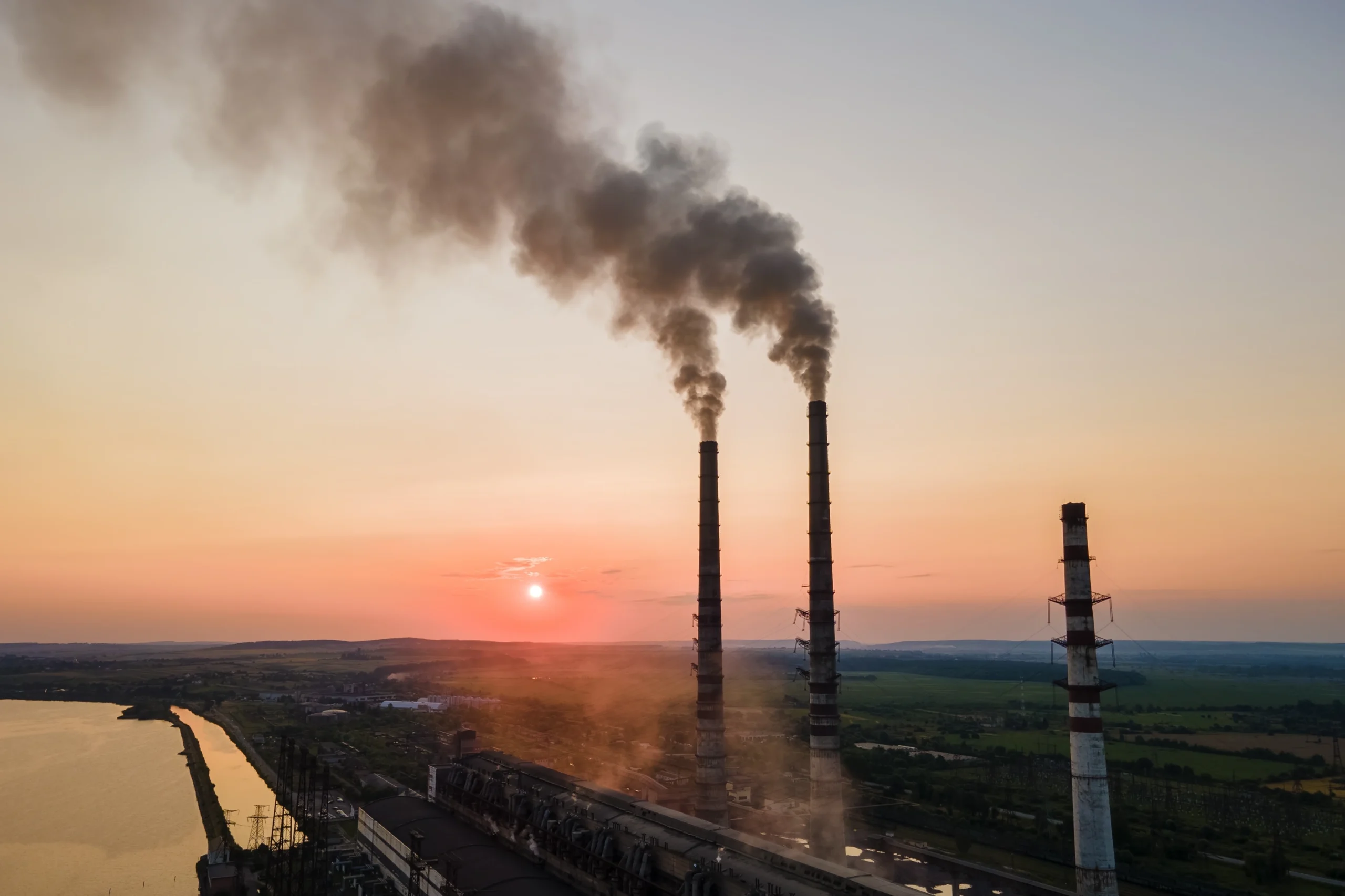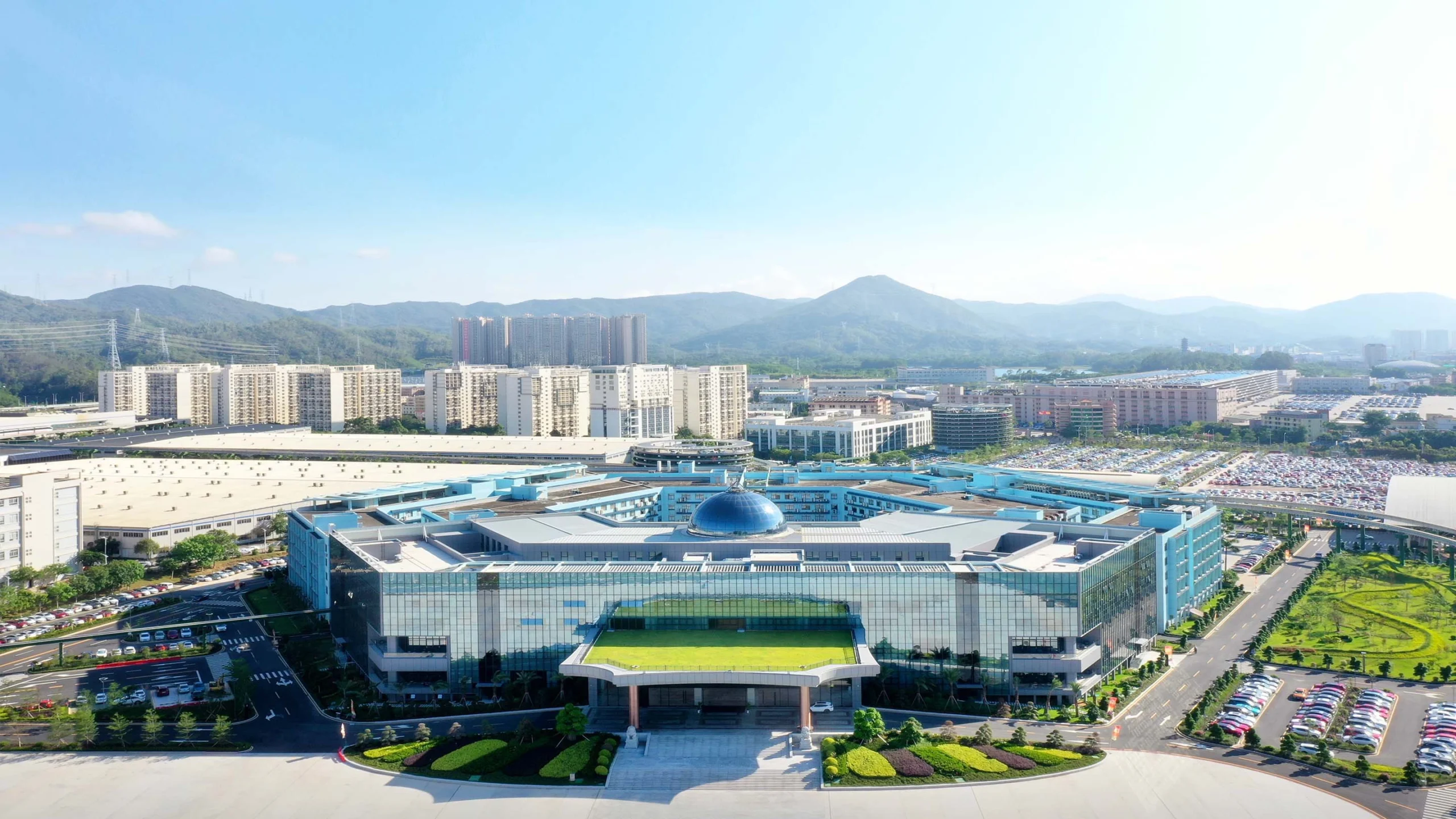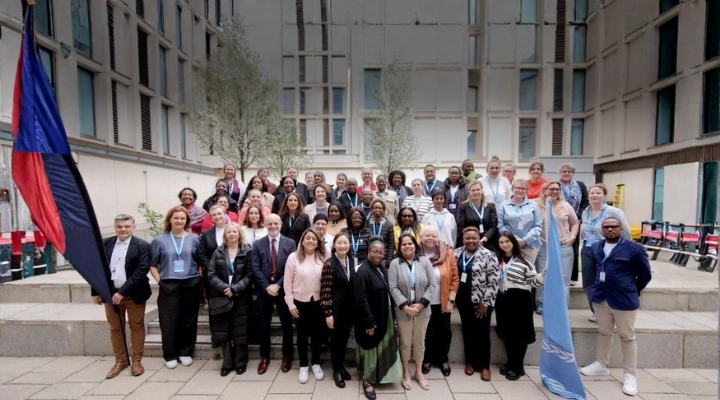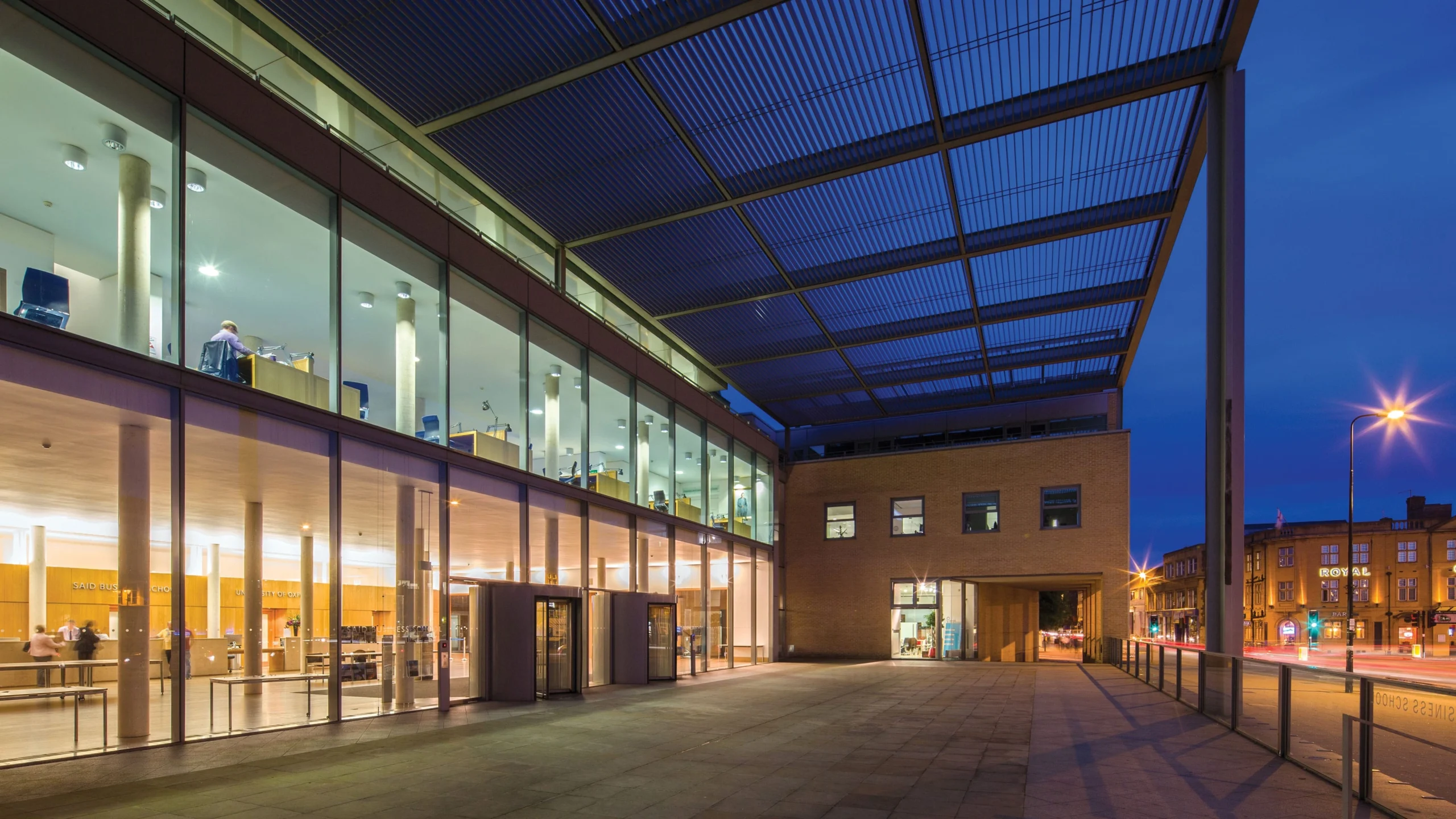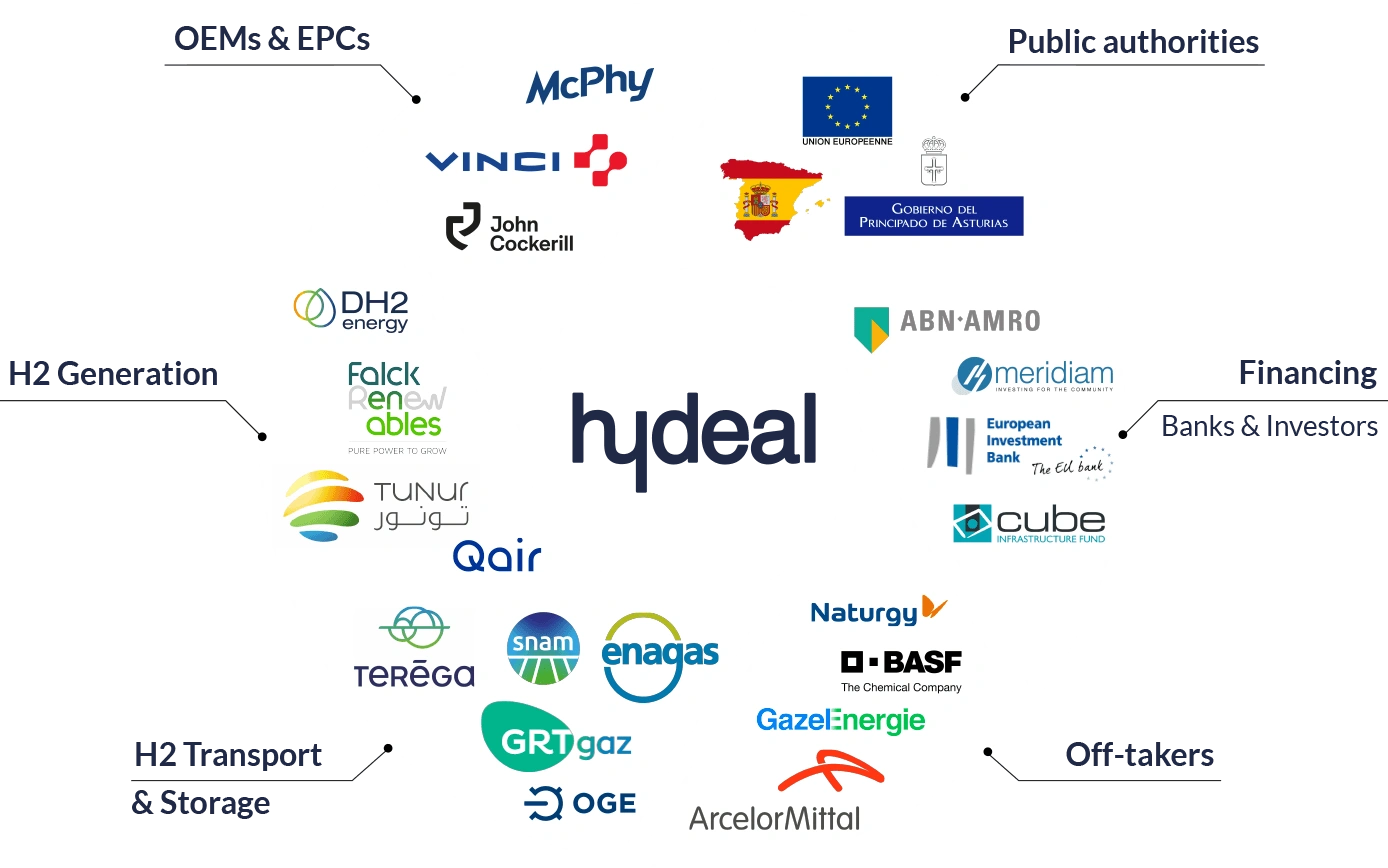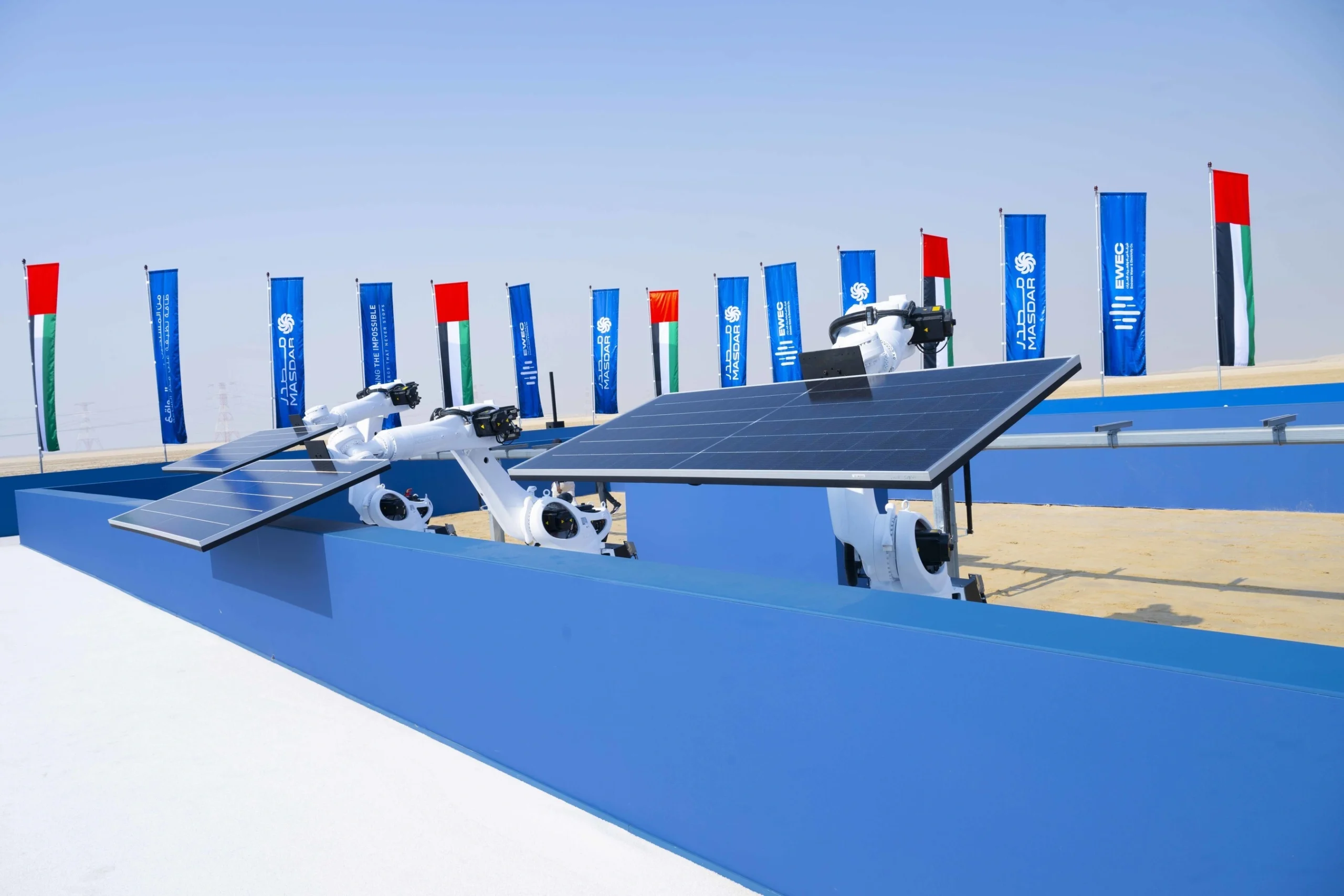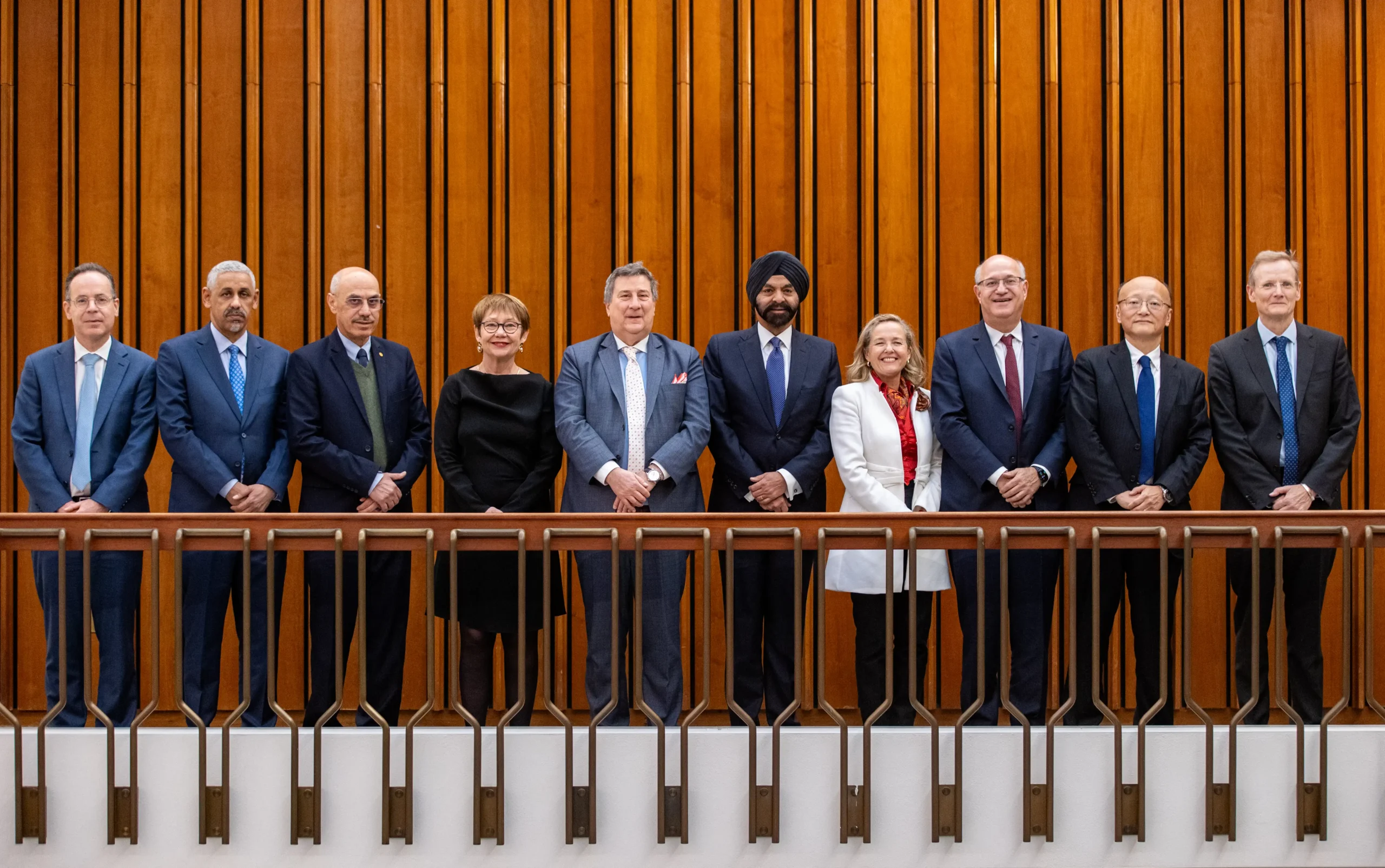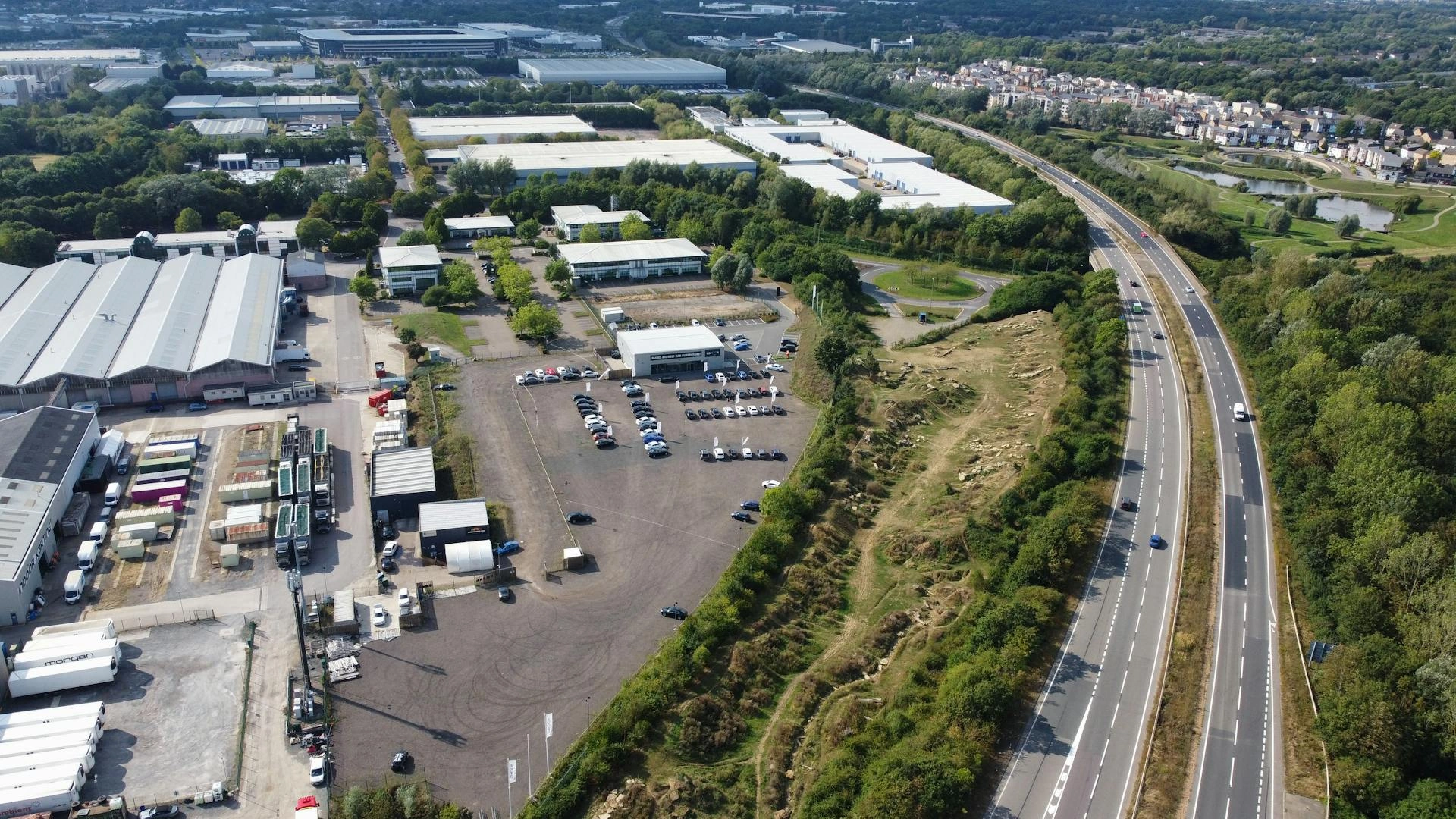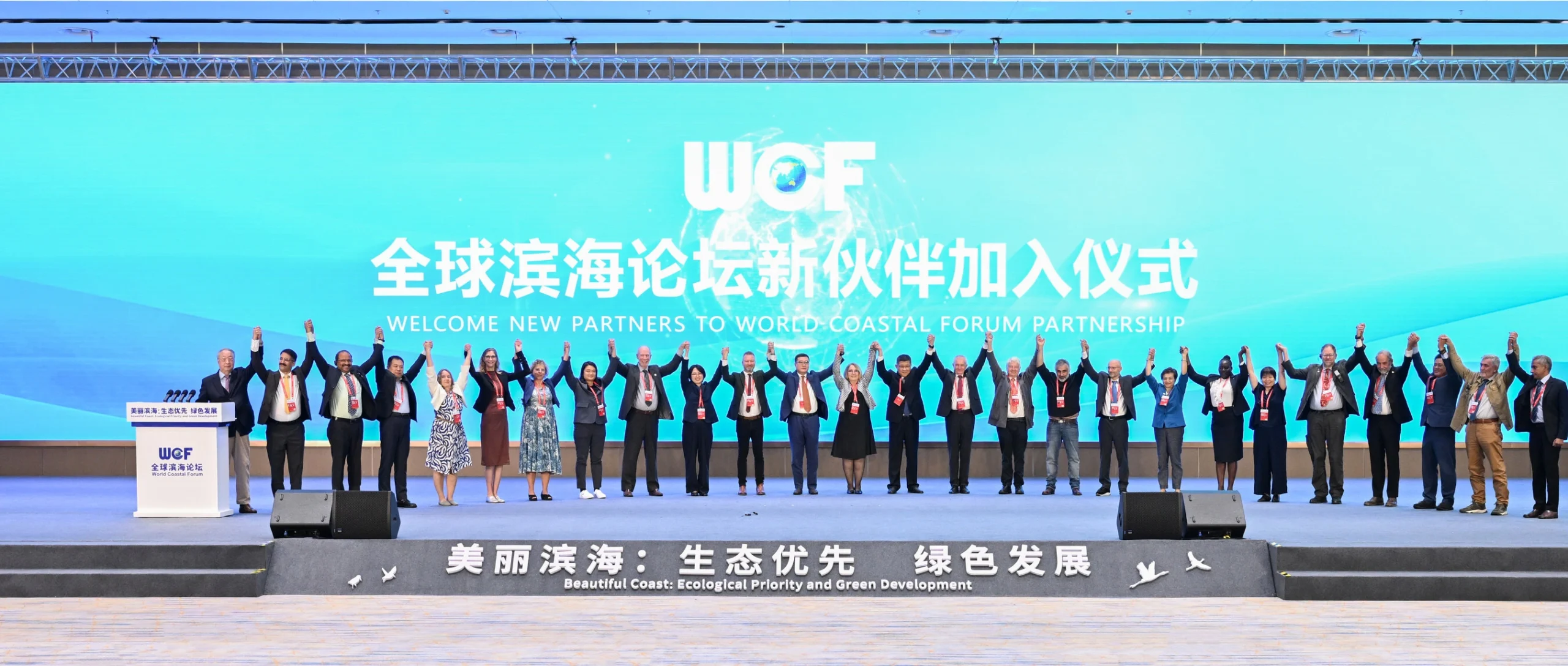Moment of truth for Latam’s energy giants

John E. Kaye
- Published
- Home, Sustainability
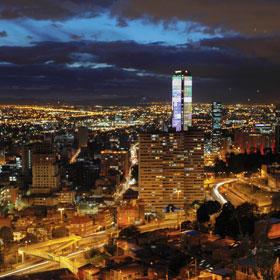
Latin America’s major energy companies are facing up to significant challenges derived from higher electrical power and natural gas demand. These challenges are driven by population growth, the expansion of large economies and the rise of electric transport.
By 2040, the global population is estimated to increase from 7,500 million to 9,100 million – an increase of 22% – which will cause energy demand to double worldwide.
This is combined with the prevalence of electric vehicles, which will go from global sales of less than two million units today, to more than 100 million in less than three decades; influenced by a decrease in car prices and an increase of charging points.
Several countries are migrating to clean transport and have settled effective dates for the prohibition against use of vehicles driven by an internal combustion engine. Norway, for example, became a pioneer in this context upon deciding to ban the sale of fuel vehicles from 2025 onwards. This country has the highest number of electric cars per inhabitant.
Other countries are also taking this same path. The Netherlands has also set 2025 as a deadline, while France and UK has set their goal for 2040. The Economist estimates that in 2025 14% of the world’s car sales will correspond to electric vehicles, and in 2050 sales will reach 100% of marketed units.
Energy matrix changes
Electric and natural gas transportation systems are the sustainable alternatives we must promote in order to reduce the impact of the carbon footprint, pollution and reliance on oil by-products. Natural Gas for Vehicles (NGV) is an alternative to petroleum-based fuels, which, in addition to causing significant savings for users, reduces particulate matter and, therefore, does not contribute to urban air pollution.
Latin America is in a strong position, with Mexico, Brazil, Chile, and Colombia all rich in wind and solar resources. Colombia is one of the most geographically advantaged, which results in a golden opportunity to implement non-conventional renewable energy projects.
The figures are very telling. Predictions for 2040 forecast solar energy generation will have increased by 400%, and wind energy more than 6,800%.
The fact is that with the energy matrix restructuring, the industry’s multilatinas are taking a leap to the smart cities of the future. Once guaranteed supply of traditional energies, companies venture into these technologies implemented in cities such as Bogota and Lima, where we have presence today, as well as other large cities in which we expect to arrive.
A smart city allows for improving air quality by reducing pollutant gas and particulate matter emissions. This is of vital importance when we take into account that the world sees roughly 3.5 million deaths per year – mostly children – due to air pollution in urban areas. In Colombia’s case, in Bogota alone, 10% of deaths are associated with pollution in the city, accounting for 2.5% of Gross Domestic Product (GDP), according to research conducted by the National Planning Department.
GEB’s commitments
In this context, energy multilatinas are destined to play a very important role because they have positioned as large players in countries in which they have presence.
Grupo Energía Bogotá (GEB) is part of this exclusive group. Moreover, GEB is the sole multilatina engaged in the entire electrical power (transmission, generation and distribution) and gas chain (transportation and distribution).
It is currently present in four countries across the region: Colombia, Peru, Brazil and Guatemala, where it holds an electrical power network of more than 12,504km – equivalent to the diameter of Earth – and 3,999km of gas pipelines in Colombia alone.
In Lima, through our companies Cálidda and Contugás, we have promoted the gas massification policy of President Pedro Pablo Kuczynski and are committed to urban gas mass transportation.
Gas and charging stations for buses and cars are being installed in Lima, which has one of the highest pollution levels in Latin America. A 600-bus fleet from Metropolitano (Lima’s mass transportation system) has been engaged and over 225,000 cars have been converted to run on natural gas; they get their gas supply through 240 NGV stations. The use of this fuel in this city has a penetration level of 12%.
In Brazil, there is a 1,099km electrical power network. In Guatemala, we are developing the largest energy infrastructure project in Central America, with the construction of a 865 km transmission network.
In Bogota, we support clean energy and mobility initiatives through pilots implemented to help reduce pollution.
Transportadora de Gas Internacional (TGI) – one of our companies – and Ecopetrol and Gas Natural Fenosa signed an agreement earlier this year intended to incentivise the use of natural gas for vehicles. Today, over 32,000 vehicles in Bogota are powered this way. The group actively participates in regulation to get the city prepared for a new generation of electric and gas-powered buses.
The first pilot for the operation of a natural gas-powered garbage truck was recently implemented. This project aims to collect data that will help extensively expand the use of this energy for the 220 rubbish trucks currently operating in the county’s capital city, which will save million resources and reduce CO2 emissions.
Astrid Alvarez, CEO of Grupo Energía BogotáIn addition, the first 100% electrically powered bus has been put into service. This pilot aims to collect data from the renewal process for the mass transportation system fleet in order to reduce polluting gas emissions.
To address this and other challenges, Grupo Energía Bogotá is getting ready with the implementation of an ambitious Corporate Strategic Plan intended to find business opportunities in the different sectors throughout the electrical power and gas chain.
Colombia is glimpsing an exponential growth decade in America Latina – where energy companies have the chance to contribute to the development and promotion of cleaner technologies for the good of all.
Further information
www.grupoenergiabogota.com
RECENT ARTICLES
-
 Strong ESG records help firms take R&D global, study finds
Strong ESG records help firms take R&D global, study finds -
 How residence and citizenship programmes strengthen national resilience
How residence and citizenship programmes strengthen national resilience -
 Global leaders enter 2026 facing a defining climate choice
Global leaders enter 2026 facing a defining climate choice -
 EU sustainability rules drive digital compliance push in Uzbekistan ahead of export change
EU sustainability rules drive digital compliance push in Uzbekistan ahead of export change -
 China’s BYD overtakes Tesla as world’s largest electric car seller
China’s BYD overtakes Tesla as world’s largest electric car seller -
 UK education group signs agreement to operate UN training centre network hub
UK education group signs agreement to operate UN training centre network hub -
 Mycelium breakthrough shows there’s mush-room to grow in greener manufacturing
Mycelium breakthrough shows there’s mush-room to grow in greener manufacturing -
 Oxford to host new annual youth climate summit on UN World Environment Day
Oxford to host new annual youth climate summit on UN World Environment Day -
 Exclusive: Global United Nations delegates meet in London as GEDU sets out new cross-network sustainability plan
Exclusive: Global United Nations delegates meet in London as GEDU sets out new cross-network sustainability plan -
 Fast fashion brands ‘greenwash’ shoppers with guilt-easing claims, study warns
Fast fashion brands ‘greenwash’ shoppers with guilt-easing claims, study warns -
 Private sector set to overtake government as main driver of corporate sustainability in 2026, report suggests
Private sector set to overtake government as main driver of corporate sustainability in 2026, report suggests -
 Sir Trevor McDonald honoured at UWI London Benefit Dinner celebrating Caribbean achievement
Sir Trevor McDonald honoured at UWI London Benefit Dinner celebrating Caribbean achievement -
 Historic motorsport confronts its energy future
Historic motorsport confronts its energy future -
 Protecting the world’s wild places: Dr Catherine Barnard on how local partnerships drive global conservation
Protecting the world’s wild places: Dr Catherine Barnard on how local partnerships drive global conservation -
 Europe’s HyDeal eyes Africa for low-cost hydrogen link to Europe
Europe’s HyDeal eyes Africa for low-cost hydrogen link to Europe -
 Fabric of change
Fabric of change -
 Courage in an uncertain world: how fashion builds resilience now
Courage in an uncertain world: how fashion builds resilience now -
 UAE breaks ground on world’s first 24-hour renewable power plant
UAE breaks ground on world’s first 24-hour renewable power plant -
 China’s Yancheng sets a global benchmark for conservation and climate action
China’s Yancheng sets a global benchmark for conservation and climate action -
 Inside Iceland’s green biotechnology revolution
Inside Iceland’s green biotechnology revolution -
 Global development banks agree new priorities on finance, water security and private capital ahead of COP30
Global development banks agree new priorities on finance, water security and private capital ahead of COP30 -
 UK organisations show rising net zero ambition despite financial pressures, new survey finds
UK organisations show rising net zero ambition despite financial pressures, new survey finds -
 Gulf ESG efforts fail to link profit with sustainability, study shows
Gulf ESG efforts fail to link profit with sustainability, study shows -
 Redress and UN network call for fashion industry to meet sustainability goals
Redress and UN network call for fashion industry to meet sustainability goals -
 World Coastal Forum leaders warn of accelerating global ecosystem collapse
World Coastal Forum leaders warn of accelerating global ecosystem collapse



